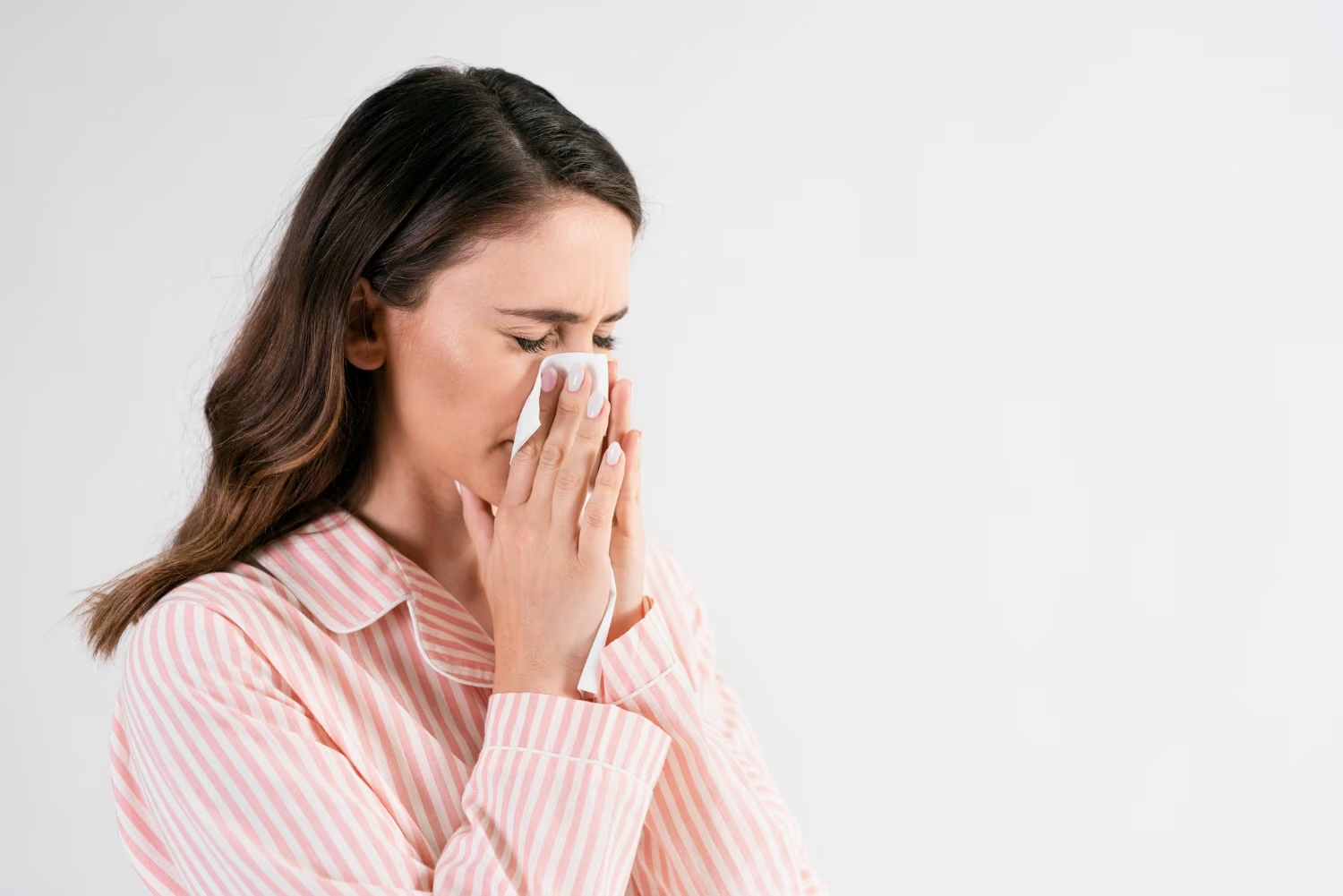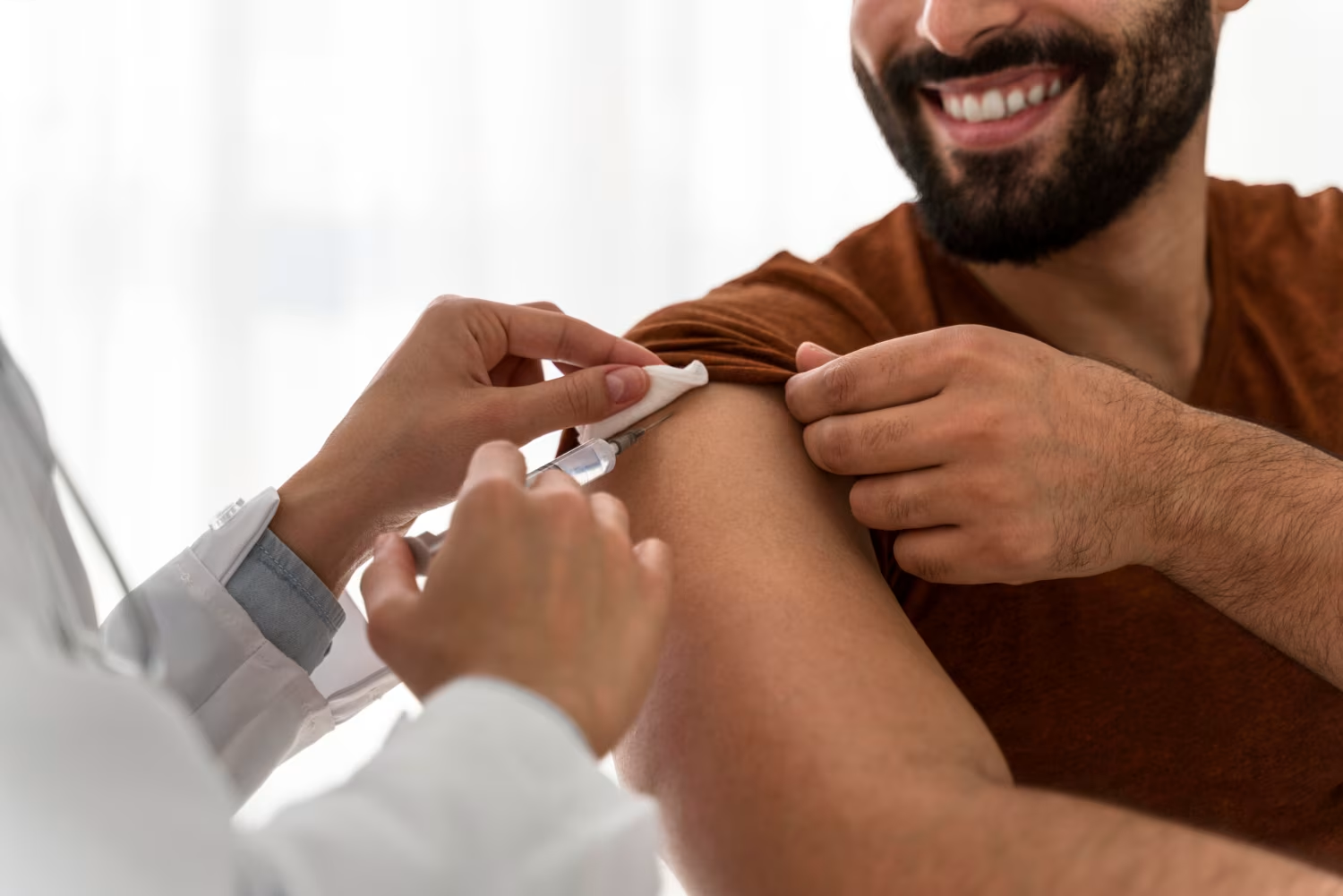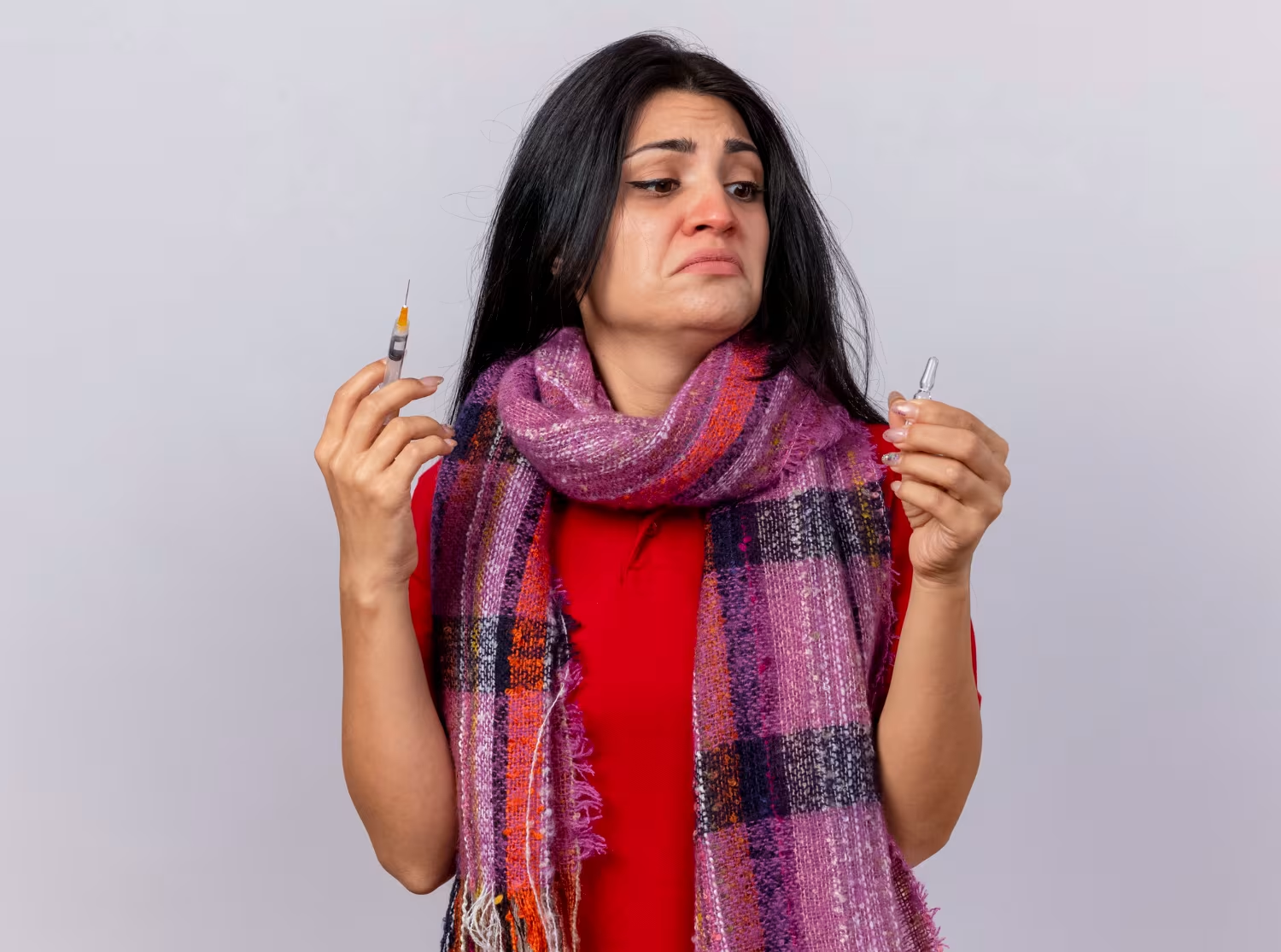
Whooping cough, also known as pertussis, is a highly contagious respiratory infection caused by the bacterium Bordetella pertussis. In 2024, the UK has seen a concerning outbreak with nine deaths reported, highlighting the importance of understanding this disease.
Whooping cough symptoms can be severe, particularly in infants and the elderly. The infection progresses through three stages:
A person with whooping cough is highly contagious. They can spread the disease from the start of the catarrhal stage up until about three weeks after the onset of the paroxysmal stage if untreated. Antibiotics can reduce the contagious period to about five days after starting the medication.
Yes, whooping cough eventually goes away, but the duration of the illness can be prolonged and exhausting. Without treatment, the infection can last for 6-10 weeks, with the worst symptoms occurring in the paroxysmal stage. Antibiotics can shorten the course of the illness and reduce its severity. Vaccination and booster shots are critical for prevention and can help reduce the severity of the disease if contracted.
Yes, adults can get whooping cough. While the disease is often milder in adults than in children, it can still cause significant discomfort and complications. Adults may not exhibit the characteristic "whoop," making it harder to diagnose. Vaccinated individuals can experience a milder form of the disease, but they can still transmit the infection to others, particularly vulnerable populations such as infants and the elderly.
The recent outbreak in the UK, resulting in nine deaths in 2024, underscores the importance of vaccination and timely medical intervention. Whooping cough can be particularly deadly for infants who are too young to be fully vaccinated. The outbreak highlights the need for increased public awareness, vaccination coverage, and early diagnosis and treatment.
Antibiotics
Antibiotics are the main treatment for whooping cough and are most effective when started early in the infection. They help eliminate the Bordetella pertussis bacteria, reducing the duration of contagiousness and potentially shortening the course of the disease. Common Antibiotics Used: include Azithromycin, Clarithromycin and Erythromycin. For those who are allergic to macrolides, alternative antibiotics such as Trimethoprim-sulfamethoxazole may be prescribed.
Supportive Care
Supportive care is crucial for managing symptoms and ensuring patient comfort, especially during the prolonged coughing fits characteristic of the disease.
Cough Relief
Over-the-counter cough medications are generally not recommended for whooping cough, as they are not effective against the type of cough produced by the disease. However, some treatments can help soothe the throat and reduce discomfort.
To prevent the spread of this disease, prophylactic antibiotics may be given to family members and other close contacts of the infected person, particularly if they are at high risk for severe disease (e.g., infants, pregnant women, or individuals with weakened immune systems).
Whooping cough is a serious and highly contagious disease with severe implications, particularly for vulnerable populations. Recognising the symptoms, understanding the contagious nature, and knowing that adults can also be affected are crucial steps in managing and preventing the spread of this infection. Vaccination remains the most effective tool in combating whooping cough and preventing future outbreaks. If you or a loved one shows symptoms of whooping cough, seek medical attention promptly to reduce the risk of severe complications and transmission.
Click here to book your appointment with one of our doctors for vaccination and treatment.

.avif)

.webp)

